News and Events
ETH Medal for excellent research: cell-cell interactions | CRISPR screening technology
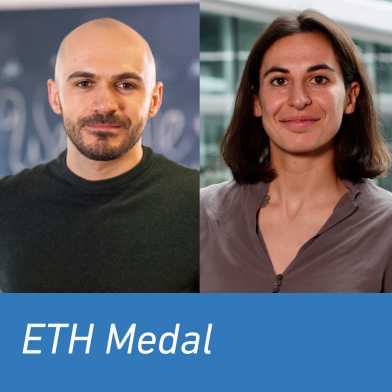
Costanza Borrelli who studied cell-cell interactions during her doctorate in the Moor Lab, and Antonio Jose da Silva Santinha from the Platt Lab, inventor of a novel technology for single-cell CRISPR screening, received the 2024 ETH Medals for their doctoral theses. Big congratulations!
Mapping the future of organoids
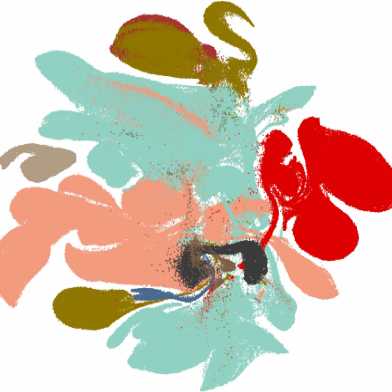
Scientists from Roche's Institute of Human Biology, their partners at ETH Zurich and Helmholtz Munich, and collaborators have built detailed atlases of brain, gut, and lung organoids to empower future discovery.
Upcoming Public Tour: Microscopy and Lab Robotics on 6 May
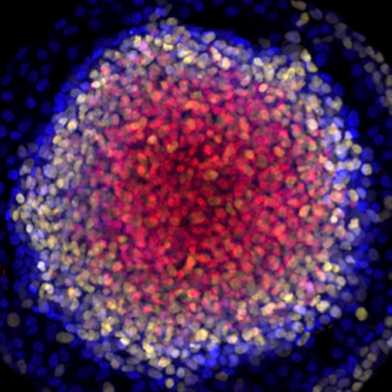
On 6 May, D-BSSE again opens a lab to the public: On this guided tour through the Single Cell and Lab Automation Facility you will see how tiny details in cells are visualised using state-of-the-art laser microscopes. By immersing ourselves in the fascinating world of the microcosm, we can unlock the secrets of life. We will also show you how automation is finding its way into the laboratory. Registration is open now!
SNSF Consolidator Grant for Prisca Liberali
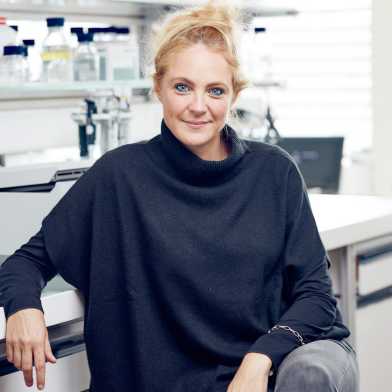
Congratulations to Prisca Liberali, head of the Multicellular Systems Lab, on receiving the Consolidator Grant of the Swiss National Science Foundation for her research on the self-organisation of multi-cellular systems.
Public lecture on liver metastases
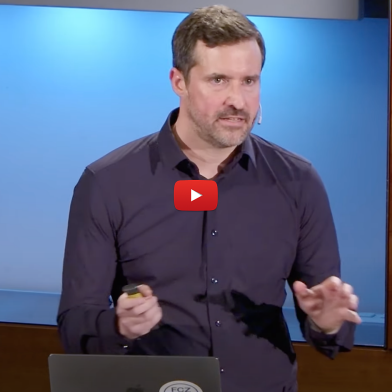
As part of a public event series organised by Treffpunkt Science City, Andreas Moor, head of the Systems Physiology Lab, gave a lecture on liver metastases. Researchers recently discovered how bowel cancer cells dock onto the liver: they detach from the initial tumour, enter the bloodstream and settle in the capillary network of the liver. However, the tumour cells need the support of liver cells to grow into metastases. This finding could enable new therapies to prevent tumour metastases.
New deep-learning based tool capturing combinatorial mutations in SARS-CoV-2
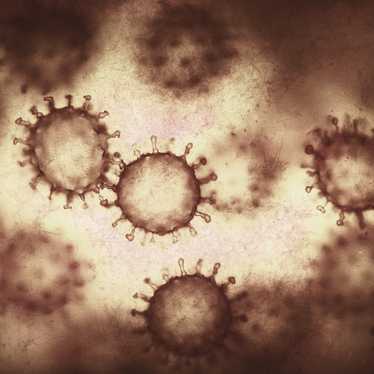
The emergence of SARS-CoV-2 variants such as Beta, Gamma, Delta and Omicron is a critical factor for drug development. Researchers around Sai Reddy, head of the Synthetic Immunology lab, now present a computational tool that enables the selection and focused development of lead candidates of antibodies that have the most potential to maintain activity against a rapidly mutating SARS-CoV-2. The deep learning-guided approach identifies antibodies with enhanced resistance to the evolving virus.
Unravelling the secrets of viral DNA binding
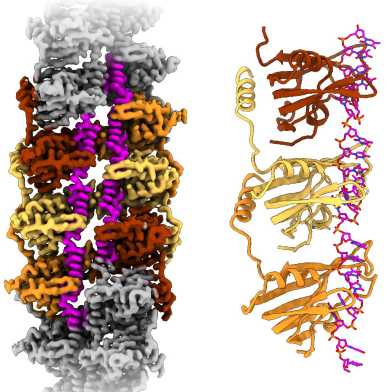
A study led by researchers from the group of SNF Ambizione Fellow Nicolas Huguenin-Dezot has found that a protein forms a chain along single-stranded DNA, aiding a bacteriophage in copying its genetic material. Using advanced structural biology, biochemical, and bioinformatics techniques, the team uncovered a previously unknown protein fold binding to DNA in a unique way. This discovery could inspire innovations in medicine and biotechnology.
Early-career researchers foster scientific exchange on Campus Schällemätteli

On 17 February, scientists from the D-BSSE, the Biozentrum and the Pharmazentrum of the University of Basel were gathering for the Symposium “Science Next Door” to foster interdisciplinary connections between life-science institutions on Campus Schällemätteli.
Advances in AI can help prepare the world for the next pandemic
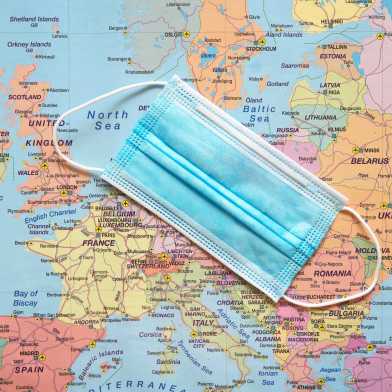
A study in Nature co-authored by Tanja Stadler highlights how integrating AI into global health systems over the next five years could save lives by predicting disease outbreaks and improving healthcare resource allocation. The study emphasises the need for collaboration across academia, government, and industry to ensure AI is used ethically and effectively. While AI's potential is immense, experts caution that human oversight and high-quality data are crucial to avoid risks.
Upcoming Event: ETM 'Bench meets Bedside' seminar on 6 March
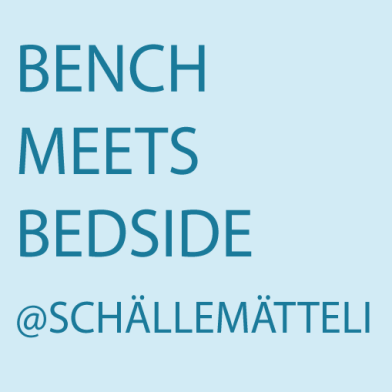
On 6 March, the next 'Bench meets Bedside' seminar organised by the Engineering Translational Medicine (ETM) initiative will take place on Campus Schällemätteli. Speakers include Judith Zaugg (UniBas) and Basile Wicky (ETH/D-BSSE), followed by short science talks from Luana Frias Guerra (UniBas) and Paweł Czyż (ETH Zürich). This seminar series builds a platform for researchers and clinicians to connect and collaborate.
A new switch for the cell therapies of the future
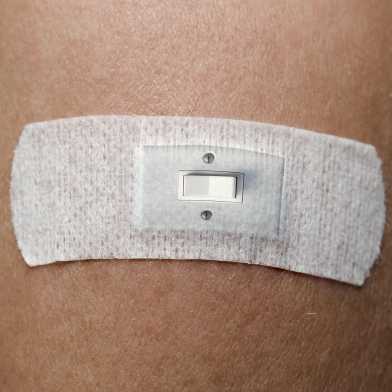
Researchers around Martin Fussenegger from the Biotechnology Lab have developed a new gene switch that can be activated using a commercially available nitroglycerine patch applied to the skin. One day, researchers want to use switches of this kind to trigger cell therapies for various metabolic diseases.
D-BSSE startup BioVersys becomes a Swiss listed company

On 29 January, BioVersys launches its Initial Public Offering on the SIX Swiss Exchange. “Today marks the first step of us engaging with the public so that we may make the next clinical phase of developing BV100 and alpibectir and their eventual approval a reality,” says Marc Gitzinger, CEO and Co-Founder of BioVersys. BV100 and alpibectir are novel antimicrobial drug candidates targeting the most drug-resistant bacterial pathogens Acinetobacter baumannii and Mycobacterium tuberculosis.
Biomechanics in cancer research
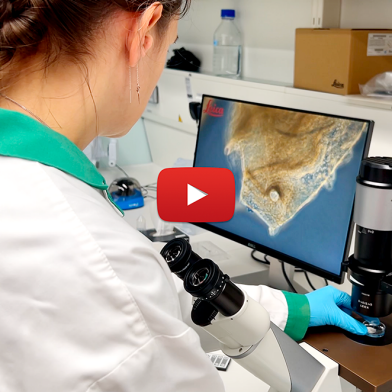
A study in Nature Physics on the early stages of bladder cancer shows the importance of mechanical changes in tumour tissue during growth. The study was led by the Computational Biology group of Dagmar Iber in collaboration with Lukas Bubendorf’s pathology lab at the University Hospital Basel and the D-BSSE group of Biophysics.
Upcoming Event: Next-gen Seminar on 27 January

On 27 January, the next public seminar organised by the ETH Zürich - Roche Partnership Next-gen Bioengineers will take place at ETH Basel premises. Prof. Bart Deplancke, Head of the Laboratory of Systems Biology and Genetics at EPFL, will talk about advancing biology through single cell phenomics. The seminar will start at 11:30am and will be live-streamed.
Best wishes for the festive season and the year 2025!
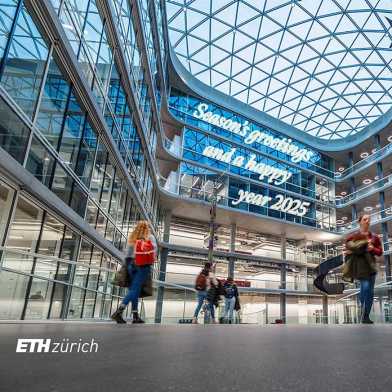
D-BSSE wishes all members and friends Merry Christmas and a Happy and Peaceful Year 2025! At the Townhall on 28 January, we will review the year 2024 and look into the future, putting a spotlight on our quest to advance molecular and cellular systems engineering and its translation into medicine and other applications. Until then: Stay safe and all the vey best!
Scientific retreat highlights innovative collaborations and cutting-edge research across academia and industry
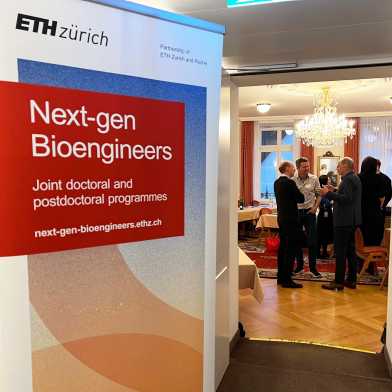
The recent scientific retreat for the ETH Zurich-Roche partnership, Next-gen Bioengineers, brought together a dynamic mix of researchers, scientists, programme sponsors, and distinguished guests to foster innovation and collaboration and reflect on the successful first year of the programmes. The event featured insightful presentations and chalktalks, inspirational keynotes and forward-looking plenary sessions aimed at bridging the gap between academia and industry.
Precision light-controlled tissue engineering paves the way for advanced 2D and 3D cellular models
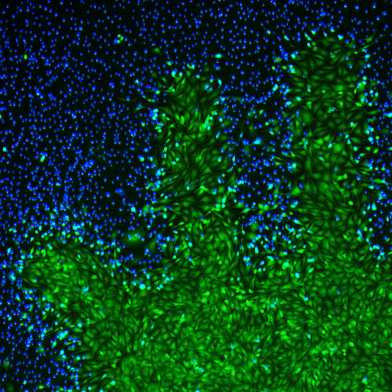
In two pioneering studies published in Nature Communications, researchers unveil novel light-based technologies to control cellular behaviour with unprecedented accuracy. Led by Mustafa Khammash, head of the Control Theory and Systems Biology Lab at D-BSSE, and Matias Zurbriggen at Heinrich-Heine University Düsseldorf, these studies showcase a great advancement in synthetic biology by using light to guide cell behaviour in engineered two- and three-dimensional tissues.
Karl-Heinz Hoffmann Prize for Tanja Stadler
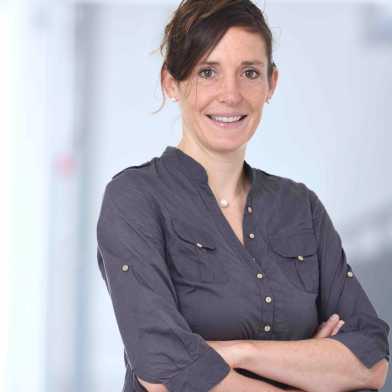
At this year’s annual ceremony, the Bavarian Academy of Sciences and Humanities honoured Tanja Stadler with the Karl-Heinz Hoffmann Prize. Founded by the German entrepreneur Ulrich L. Rohde, the prize awards distinguished research in applied mathematics. Tanja’s research in computational evolution combines mathematics, computer sciences, evolution, ecology, and epidemiology. Congratulations!
Paradigm shift in biological research: Cells turn into autobiographers
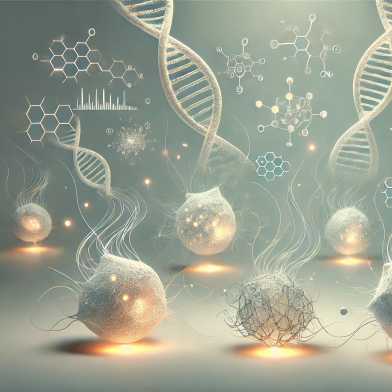
Led by researchers from the Computational Evolution group of Tanja Stadler in collaboration with colleagues at the Biozentrum, University of Basel, and the US-institutions University of Washington and California Institute of Technology, a recently published Perspective in Nature Reviews Genetics explores a revolutionary concept in biology: using DNA to record the history and behaviour of individual cells over time.
Meet ESOP-fellow Thomas Zimmermann
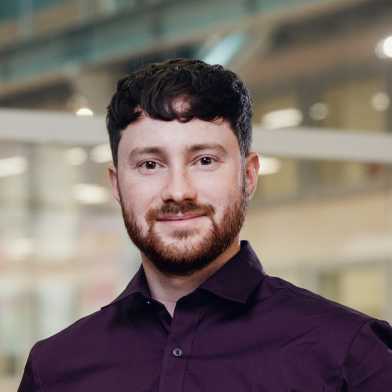
Every year, up to thousand candidates apply for ETH Zurich’s Excellence Scholarship and Opportunity Programme (ESOP), between 50 and 60 applicants are awarded the prestigious grant depending on the availability of funds donated to ETH Foundation. Thomas Zimmermann from Switzerland studying Computational Biology | Bioinformatics is one of the 2024 excellent scholars. An interview.
Open Science rewarded
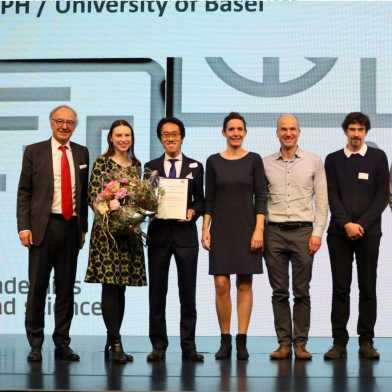
On 27 November, the Swiss Academies of Arts and Sciences awarded the National Prize for Open Research Data to the Pathoplexus project led by Tanja Stadler and her group member, Software Engineer Chaoran Chen, as well as colleagues from the Biozentrum, University of Basel, and SwissTPH. Together they established the genome sequencing database for viruses of public health relevance. Congratulations!
Treating retina diseases more precisely
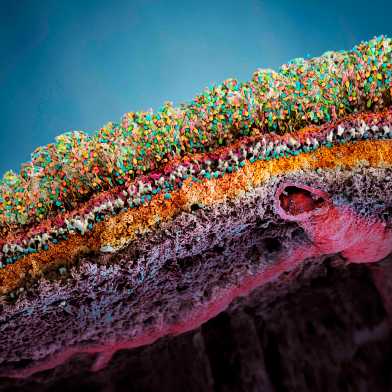
With more than 140 million nerve cells, the retina is a highly complex visual system, where it is challenging to treat diseases. A new study by researchers from the Biophysics group of Daniel Müller and colleagues from the Roche Pharma Research and Early Development (pRED) now present an innovative therapeutic approach. The treatment involves attaching viruses to nanoparticles, which are electromagnetically guided to deploy therapeutics exactly where they are needed.
Human Cell Atlas now enriched by integrated transcriptomic data on neural organoids
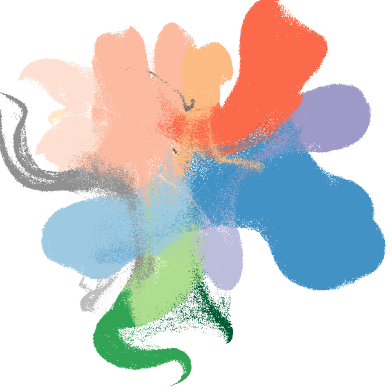
Neural organoids, tiny 3D brain-like structures, have a great potential for studying the development and diseases of the human brain. A key challenge is to relate specific brain regions or types of brain cells to organoid structures. D-BSSE researchers in partnership with scientists from Roche's Institute of Human Biology and Helmholtz Munich now present a comprehensive map of cells based on the integration of transcriptomic data across numerous methods.
Pioneer in synthetic biology receives ETH Honorary doctorate

On 16 November, ETH Zurich celebrated its 169th ETH Day. Upon the proposal of D-BSSE, Sven Panke, Head of the Department, presented this year’s ETH Honorary doctorate to Jason Chin, Professor of Chemistry and Chemical Biology at the University of Cambridge. By encoding non-canonical amino acids and rewriting entire chromosomes into proteins he reimagined the biochemistry of living systems.
Roman Vetter was awarded the Golden Owl in recognition of his excellent teaching - for the second time!

The Golden Owl honours lecturers distinguished by exceptional teaching and motivates them to continue with their excellent teaching. The Owl is awarded by ETH Zurich’s student association. This year, the Owl was awarded to Roman Vetter at D-BSSE, Lecturer and Senior Research Associate in the Computational Biology lab. Roman was honoured with this prestigious prize already in 2022. Big congrats, Roman!
Using CRISPR to decipher whether gene variants lead to cancer
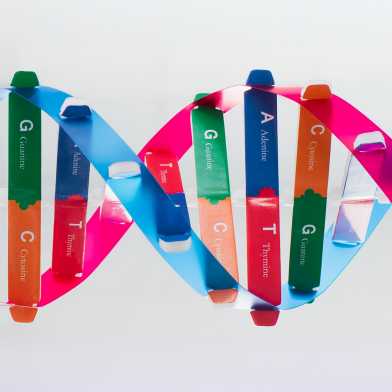
Researchers around Randall Platt, Professor of Biological Engineering, have combined two gene editing methods. This enables them to quickly investigate the significance of many genetic mutations involved in the development and treatment of cancer.
Upcoming Event: Next-gen Seminar

On 25 November, the next public seminar organised by the ETH Zürich - Roche Partnership Next-gen Bioengineers will take place at ETH Basel premises. Dr Felix Schumacher, Programme Leader Targeted Therapeutic at Roche Pharma Research and Early Development (pRED) will talk about drug delivery to the brain. The seminar will start at 11:30am and will be live-streamed.
Upcoming Event: ETM 'Bench meets Bedside' seminar
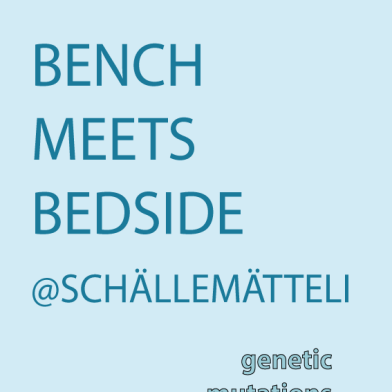
On 21 November, the next 'Bench meets Bedside' seminar organised by the Engineering Translational Medicine (ETM) initiative will take place on Campus Schällemätteli. Speakers include Andrea Banfi (USB/UniBas) and Barbara Treutlein (ETH/D-BSSE), followed by short science talks from Illia Smolenskii (UniBas) and Constance Le Gac (ETH). This seminar series builds a platform for researchers and clinicians to connect and collaborate. Please register.
Test-of-Time Award for Andreas Hierlemann
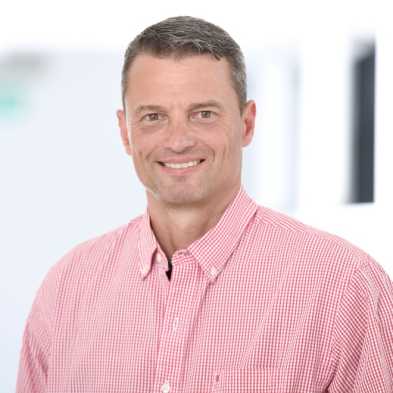
Research conducted within the last 10 to 15 years at the Bio Engineering Lab is still impacting today’s research in the field of microfluidics, a key criterion of Microsystems & Nanoengineering / Springer Nature presenting this year’s Test-of-Time Award to Andreas Hierlemann at the 2024 µTAS Conference held in Montreal, Canada. The award recognises Andreas’ great contributions on tracking neurons and axons by means of high-density microelectrode arrays. Congratulations, Andreas!
Inauguration of global Centre for Pathogen Bioinformatics

Guided by D-BSSE researchers Niko Beerenwinkel and Tanja Stadler and other steering group members from the University of Basel, the Swiss Institute of Bioinformatics (SIB) opens a dedicated centre for computational pathogen research and surveillance. The new Centre for Pathogen Bioinformatics offers expertise and services to the Swiss federal authorities and global research community, contributing to global pandemic preparedness and response in realtime.